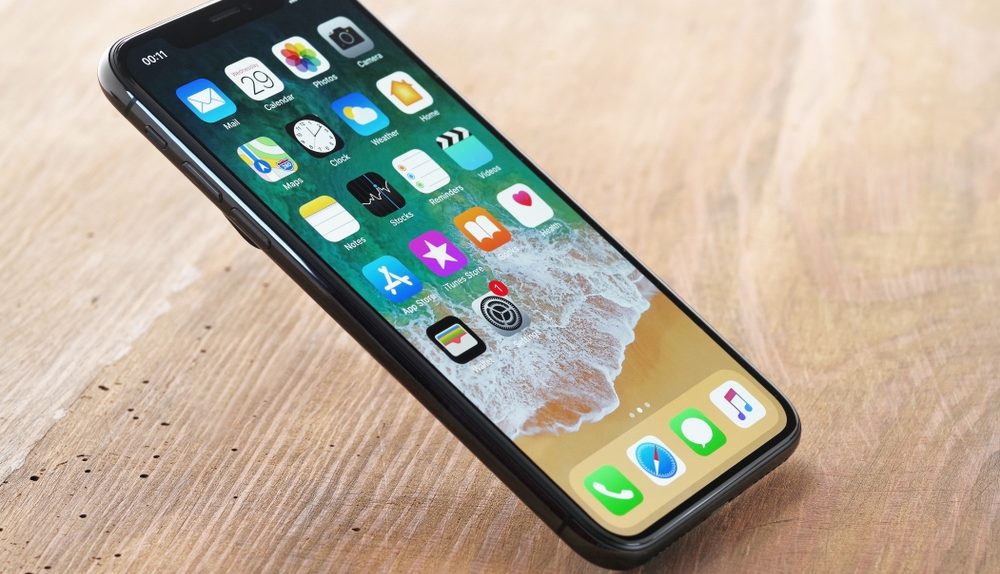An already serious legal battle between Apple and Qualcomm is starting to intensify. Not only are the two companies duking it out in jurisdictions across multiple countries, the stakes have become increasingly high with each passing month. Most recently, a German court ruled that certain iPhone models with Intel modems infringe upon Qualcomm patents and cannot be sold in the country, according to a report from Reuters.
Apple is naturally planning to appeal the ruling and the looming ban. In the interim, all of Apple’s 2018 iPhone models remain available for purchase across the country. Apple, though, indicated that it has stopped selling the iPhone 7 and iPhone 8 at its retail stores in Germany, though the devices can still be picked up via local carriers.
As to the infringing technology in question, older iPhone models with Intel modems contain a component from Qorvo which covers “envelope tracking, a feature that helps mobile phones save battery power while sending and receiving wireless signals.” For what it’s worth, Qorvo’s chip was not found to infringe on Qualcomm patents in the U.S.
Commenting on the ruling in Germany, an Apple spokesperson said:
Qualcomm’s campaign is a desperate attempt to distract from the real issues between our companies. Their tactics, in the courts and in their everyday business, are harming innovation and harming consumers. Qualcomm insists on charging exorbitant fees based on work they didn’t do and they are being investigated by governments all around the world for their behavior. We are of course disappointed by this verdict and we plan to appeal. All iPhone models remain available to customers through carriers and resellers in 4,300 locations across Germany. During the appeal process, iPhone 7 and iPhone 8 models will not be available at Apple’s 15 retail stores in Germany. iPhone XS, iPhone XS Max and iPhone XR will remain available in all our stores.
The German court ruling comes in the wake of Qualcomm securing an iPhone ban in China over a software patent. Apple, though, continues to sell the iPhone in China as it maintains that its devices — thanks to a software update — no longer run afoul of Qualcomm’s intellectual property. Qualcomm, of course, believes otherwise, with a Qualcomm lawyer recently claiming that “Apple apparently continues to flout the legal system by violating the injunctions,”








